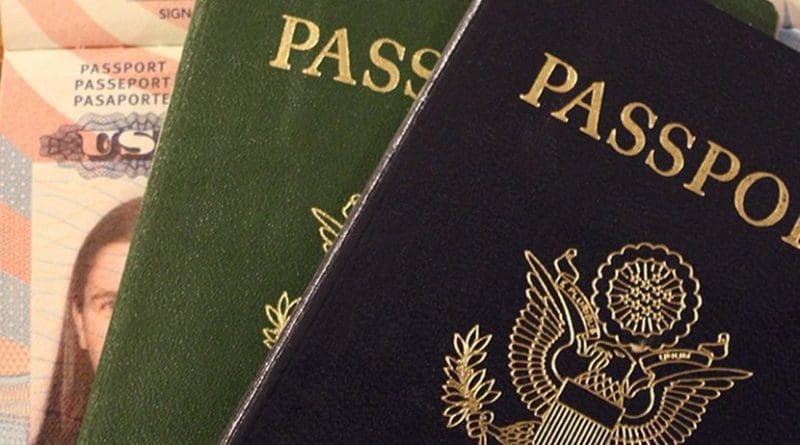The EU’s New Security Check System For Visitors
By Danijel Kovacevic
Starting in 2021, for citizens of so-called ‘third countries’ that are exempt from the European Union’s visa regime – including Albania, Bosnia and Herzegovina, Montenegro, North Macedonia and Serbia – the EU plans to introduce a new authorisation system for entry into the Schengen Area.
The European Travel Information and Authorisation System, ETIAS, is a visa waiver programme that aims “to strengthen the borders of the Schengen Area by pre-checking the data of travellers before they enter the zone”, according to the ETIAS website.
“It will take only a few minutes to fill in an online application, which in a vast majority of cases (over 95 per cent) will result in automatic approval,” Katarzyna Kolanko, the European Commission’s press officer for security, told BIRN via email.
Applicants will need to answer a series of questions by entering basic information such as their name, address, date of birth and passport details. There will also be some “health and security-related questions”.
A fee of seven euros will be charged for the ETIAS visa waiver will be sent to the applicant electronically after it is approved.
“After a citizen receives an OK for a security check, this security check will be valid for three years for an unlimited number of trips to EU countries; that is, until the end of the validity of the passport if a passport is valid for less than three years,” Almir Sahovic, Bosnia’s assistant foreign minister, told BIRN.
Bosnian citizens who spoke to BIRN said they are a bit worried that the procedure might not be that simple, although younger ones were less concerned.
“It is a minor hiccup but I don’t think it will cause me a lot of complications. I use the computer and internet every day, for work and privately, I buy things online. But I understand how this may cause a problem for the elderly,” said Branimir Plavsic, an economist from the town of Banja Luka.
People who are not familiar with the use of modern technology may need to seek help in completing the questionnaire.
“I wouldn’t know how to fill out that questionnaire you’re talking about,” said Petar, a retired postman. “My son will help me with that,” said Petar, whose son left for Germany two years ago with his family. Petar has visited him there several times.
Despite such concerns, there is enough time for people to prepare for the new system.
‘ETIAS is not a visa’
The European Commission emphasised that ETIAS authorisation is not a visa.
“Travellers from the countries benefiting from visa-free travel to the EU, including those from the Western Balkan region, will continue to do so. It is simply a small procedural step for visa-exempt travellers to help them avoid bureaucracy and delays at the EU borders,” said Kolanko.
She added that people will also need to apply for ETIAS authorisation if they plan to visit non-Schengen EU member states like Croatia, Cyprus, Bulgaria and Romania.
The European Union has decided to follow the model of the United States and introduce this new passenger control system covering about 60 countries whose citizens can enter the EU without a visa, including the Western Balkan countries.
“ETIAS was built on the experience they had after and during the migrant crisis. Not in terms of controlling migrants but in terms of controlling illegal border crossings and smugglers,” Milan Igrutinovic from the Belgrade-based Institute for European Studies told BIRN.
In addition to ETIAS, the European Union is currently developing a new system that will read biometric data, intended to modernise the way the EU’s external borders are managed.
“The system will check data such as name, travel document and biometrics (fingerprints and facial image),” Kolanko said.
“However, the biometrics will be collected only once – the first time a non-EU national is crossing the EU border once the system starts operating. Therefore, it should not add any burden on travellers crossing the EU borders, rather the contrary; the crossing should be quick and easy,” she added.
An Entry-Exit System or EES should be operational from 2022 and will replace the manual stamping of passports by border guards with electronic registration of the entry and exit of a non-EU national entering the EU.

